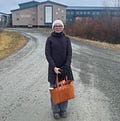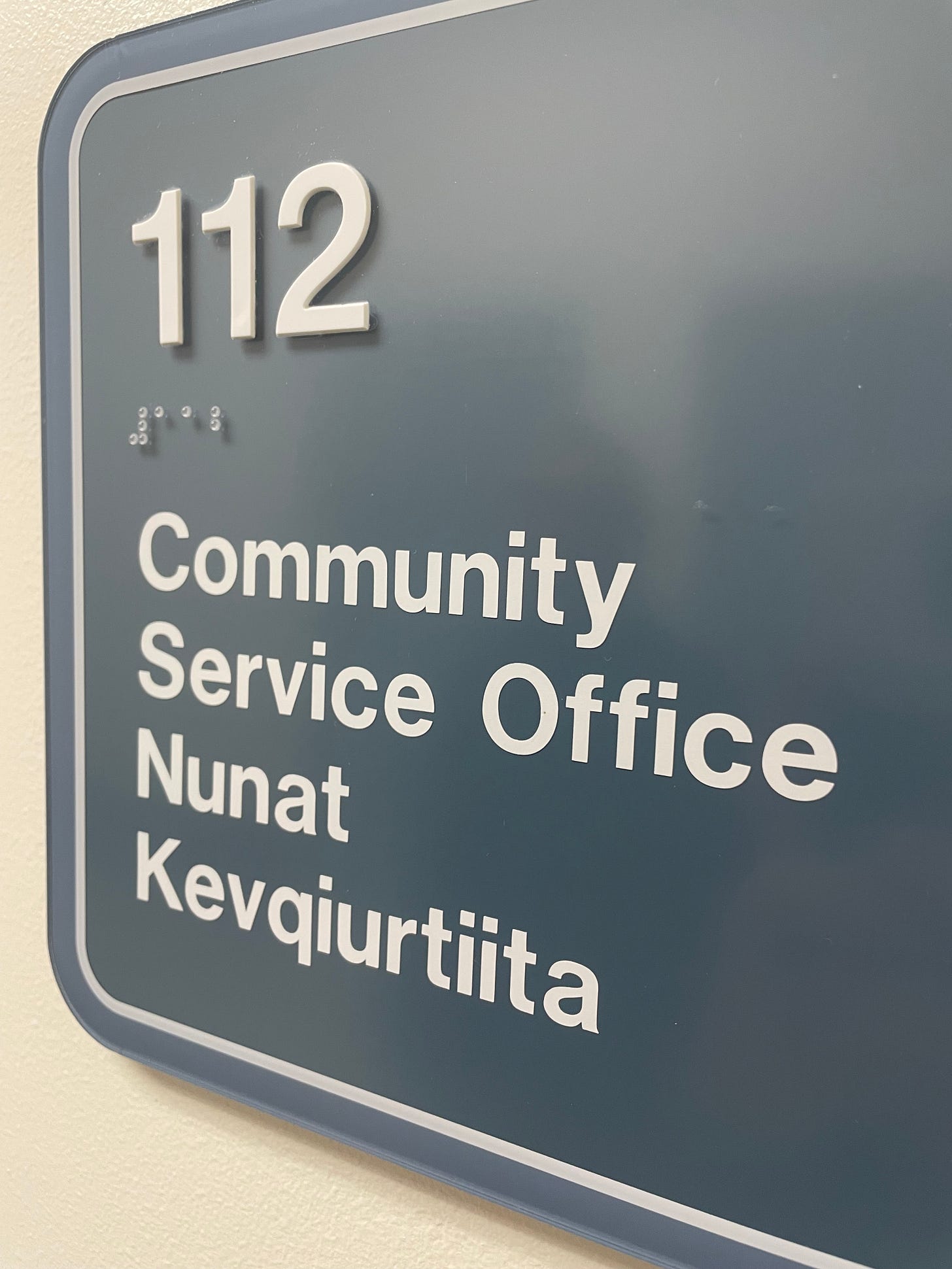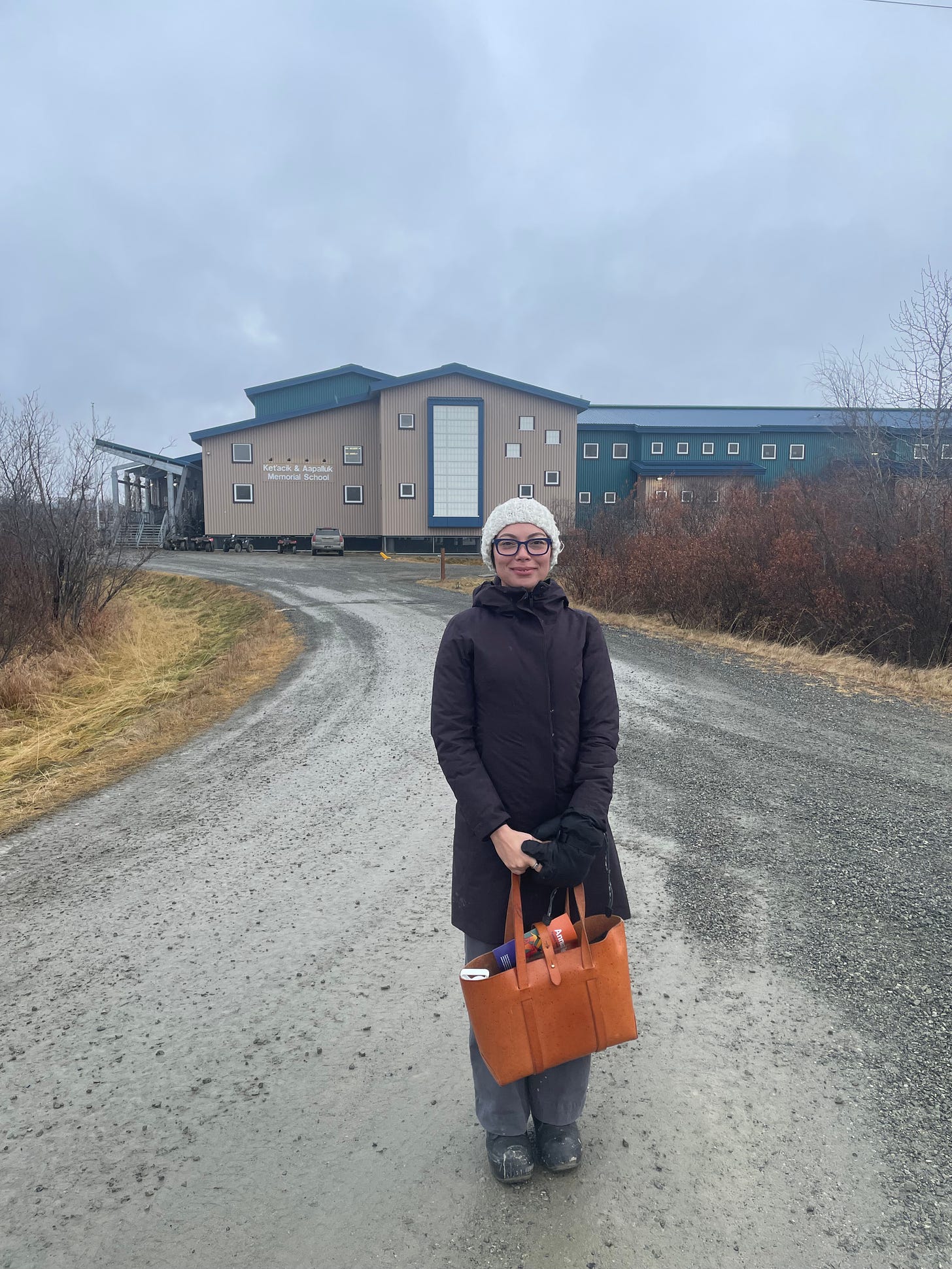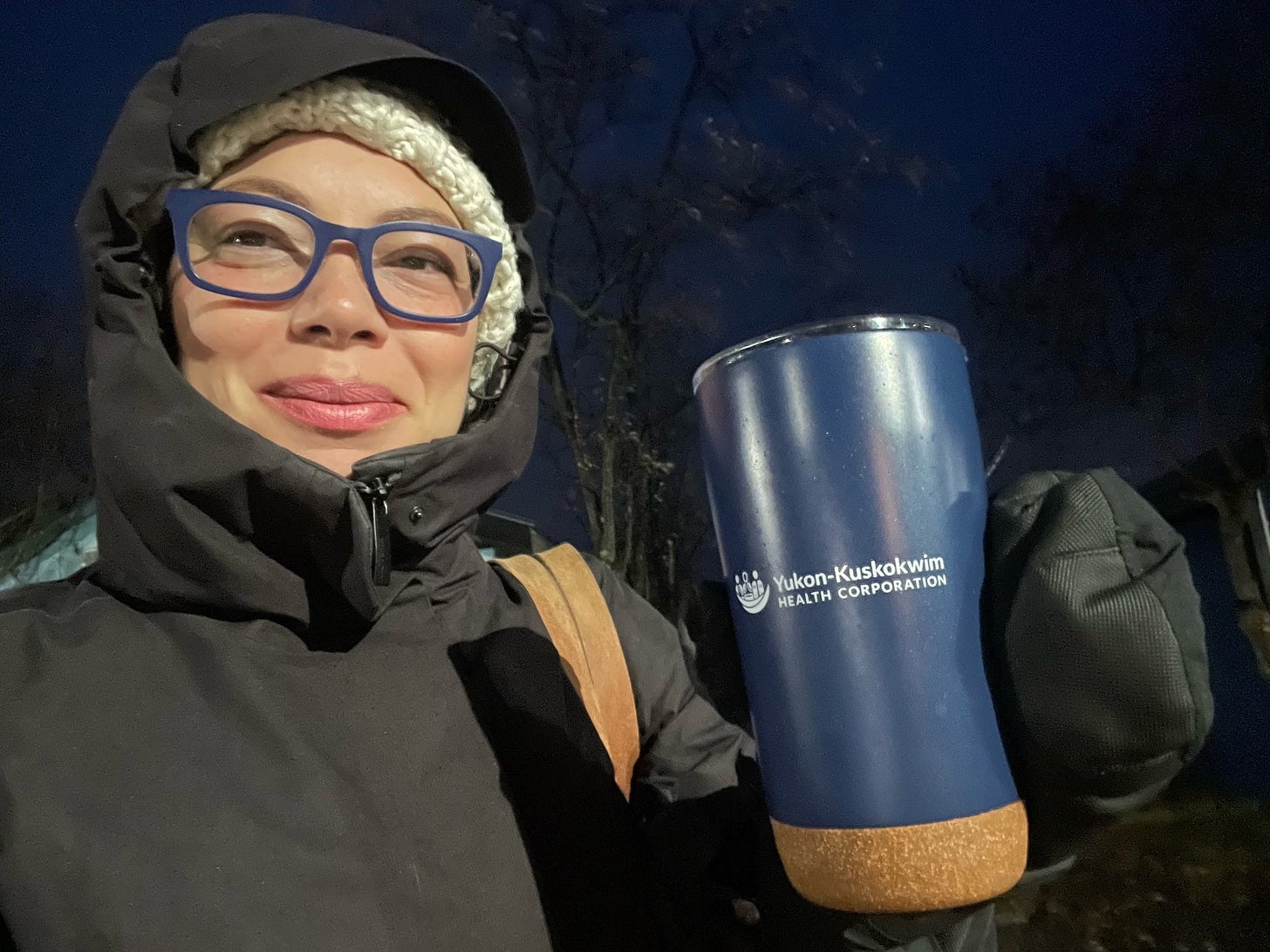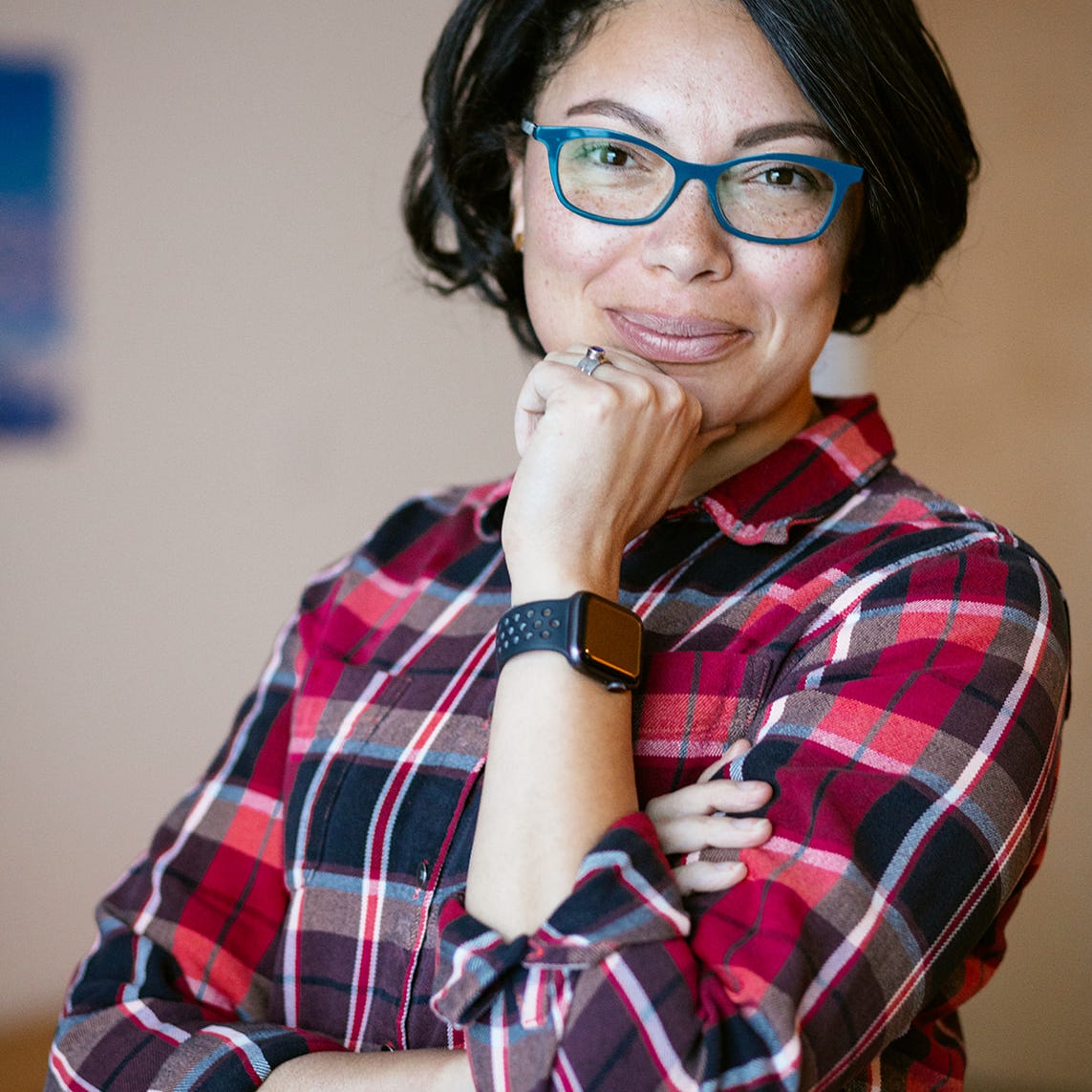Sen. Tobin honored with a National Top 20 Under 40 Leadership Award
Also unpacking Governor Dunleavy's proposal to spur more oil and gas development in Cook Inlet and learning about the Y-K Delta’s health and justice successes.
Right now, I am touring the Y-K Delta.
For those who are unfamiliar with the shorthand, the Yukon-Kuskokwim Delta is located about 400 miles due west of Anchorage. The largest community and transportation hub is Bethel. Only accessible by airplane, Bethel has little under 7,000 full-time residents and serves 58 surrounding communities with a total Census population of over 23,000.
To get a feel for the breadth of the Y-K Delta, imagine 1/2 the United States (25 states) and you have got the idea of the size and scope of the region. More than 82% of the residents of the Y-K Delta are Alaska Native with more than 14,000 speaking Yup’ik as a first language.
It has been a joy to spend the last few days in Bethel and Kwethluk, visiting community members and learning about the incredible health services and assets they have developed and stewarded. As a graduate of the University of Alaska Fairbanks Rural Development Program, I know that focusing on community assets and building on successes improves long-term outcomes. I cannot wait to take the lessons I have learned - from inclusive signage to teacher cultural camps - and include them in legislation and funding opportunities to improve every rural, remote, and urban community of Alaska.
Special thanks to the Alaska Mental Health Trust, the Yukon-Kuskokwim Health Corporation, and the Association of Village Council Presidents for making this trip possible.
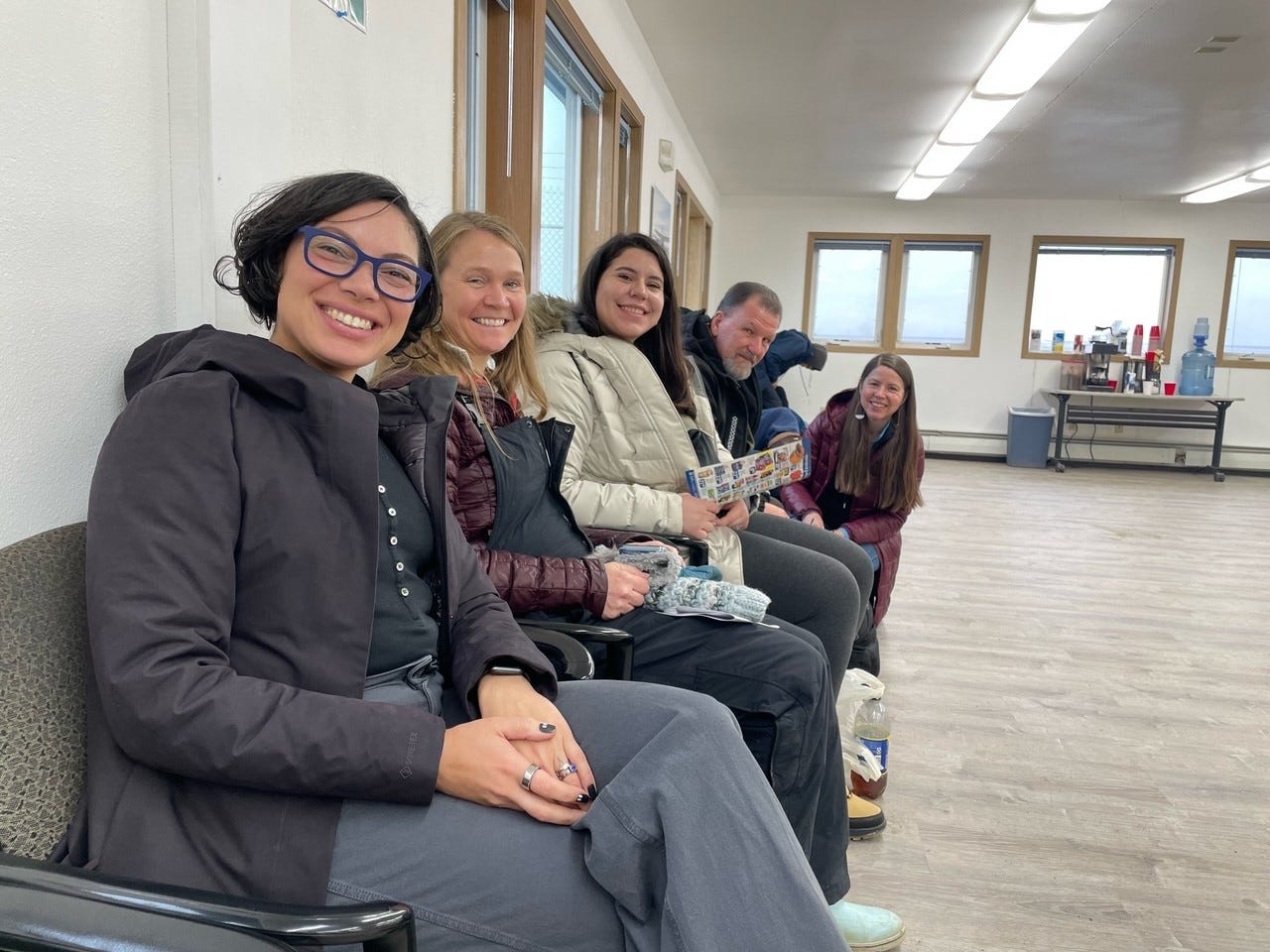
Meet the 2023 CSG 20 Under 40 Leadership Award Recipients.
The Council of State Governments is proud to announce the 2023 recipients of the CSG 20 Under 40 Leadership Award. Each year, CSG recognizes the dedication of 20 up-and-coming elected and appointed leaders from across the United States. These leaders exemplify strong leadership and a passion for public service.
“While the outstanding state officials recognized by CSG this year come from diverse backgrounds, different political parties, every branch of state government, and every region of our country, they share the same commitment to serve others,” said David Adkins, CSG executive director/CEO. “They are hard-working, visionary leaders whose passion for public service is producing results for their states. I marvel at all they have achieved, and I look forward to watching their impact grow even greater in the years ahead.”
Read more at CSG.org
Ready to learn more about Gov. Dunleavy’s Cook Inlet natural gas proposal.
Last week, Governor Mike Dunleavy held a press conference on a proposal to spur natural gas production in Cook Inlet by giving companies royalty relief to reduce the state’s share of the resource.
Royalty is extremely important in Alaska. Resources like oil and gas are owned by the State of Alaska and the royalty represents the people’s share. I am skeptical that giving away more of the people’s money is the long-term answer to filling the energy needs of Anchorage and the Kenai Peninsula. However, I am ready to learn more and understand the entirety of the Governor’s proposal.
Since the Governor’s press conference, I have been asked my opinion about the proposal. I wish I had an informed opinion, but I do not because I cannot read the bill. Why? It is still being written.
Additionally, we have no idea what level of relief will be offered to the current 12.5% royalty rate, which is the standard in Alaska. The devil is always in the details and when asked at the press conference the Dunleavy administration officials chose not to cite the proposed reduced royalty rate. As a former legislative staffer and now a State Senator, I know that when it comes to Alaska law the details matter.
More importantly, and while I appreciate the Governor’s effort to address the energy needs facing Southcentral Alaska, it is time to transition away from fuels like natural gas.
As I write this I have been thinking about the impacts of climate change on the lives of those who live in the Y-K Delta. I have also been contemplating the toll that climate change is having on the Bering Sea including the complete collapse of the Bering Sea snow crab population.
Climate change is not an ideological issue. It is real and it is hurting Alaskans. Instead of doubling down on carbon pollution, we must focus on renewable energy generation projects. Not only will renewable energy help stabilize energy prices, but it will reduce our reliance on natural gas, which is becoming increasingly more difficult and expensive to find in Cook Inlet.
This year, I introduced Senate Bill 101, which focuses on the future of energy generation. SB 101 will move us away from the failed policies of the past that give away public resources for promises of future production and prosperity. As a state, we have already poured billions of dollars of subsidies into the Cook Inlet natural gas sector. I believe those subsidies would be better used on renewable energy, which is getting cheaper every day and is the only sensible response to the worsening climate change crisis.
SB 101 and the companion bill in the House, HB 121, call for 55% of the electricity generation in the Railbelt to come from renewable energy resources by the end of 2035. Currently, only 15% comes from renewable energy sources. The target included in both bills is to reach 80% renewable energy generation by 2040. And yes, I recognize SB 101 sets big hairy audacious goals - but I am here for it. We need policymakers who are willing to do what is right for Alaskans, but also be practical and prudent. This is why neither bill includes a 100% goal for renewable energy. That is because nearly everyone involved recognizes that completely ending the use of fossil fuels like oil, natural gas, and coal is not possible (yet) in a place as rural and isolated as Alaska.
SB 101 and HB 121 have widespread bipartisan support that is most obvious by the fact that the Senate version of the bill is sponsored by myself, a Democrat representing Downtown Anchorage, and the House version of the bill is sponsored by a Republican from Wasilla. As a matter of fact, both bills are based on similar legislation introduced last session by Governor Dunleavy.
Now this is where you come in. It is time for us all to have a real conversation about what a just transition for Alaska looks like.
On Thursday, November 9th, Alaska Common Ground is hosting a forum with Senator Kauffman, Representative Schrage, Representative Mina, and myself talking about renewable energy. Join us from 6 to 7:30 pm at King Street Brewing or watch online. More details at akcommonground.org.

